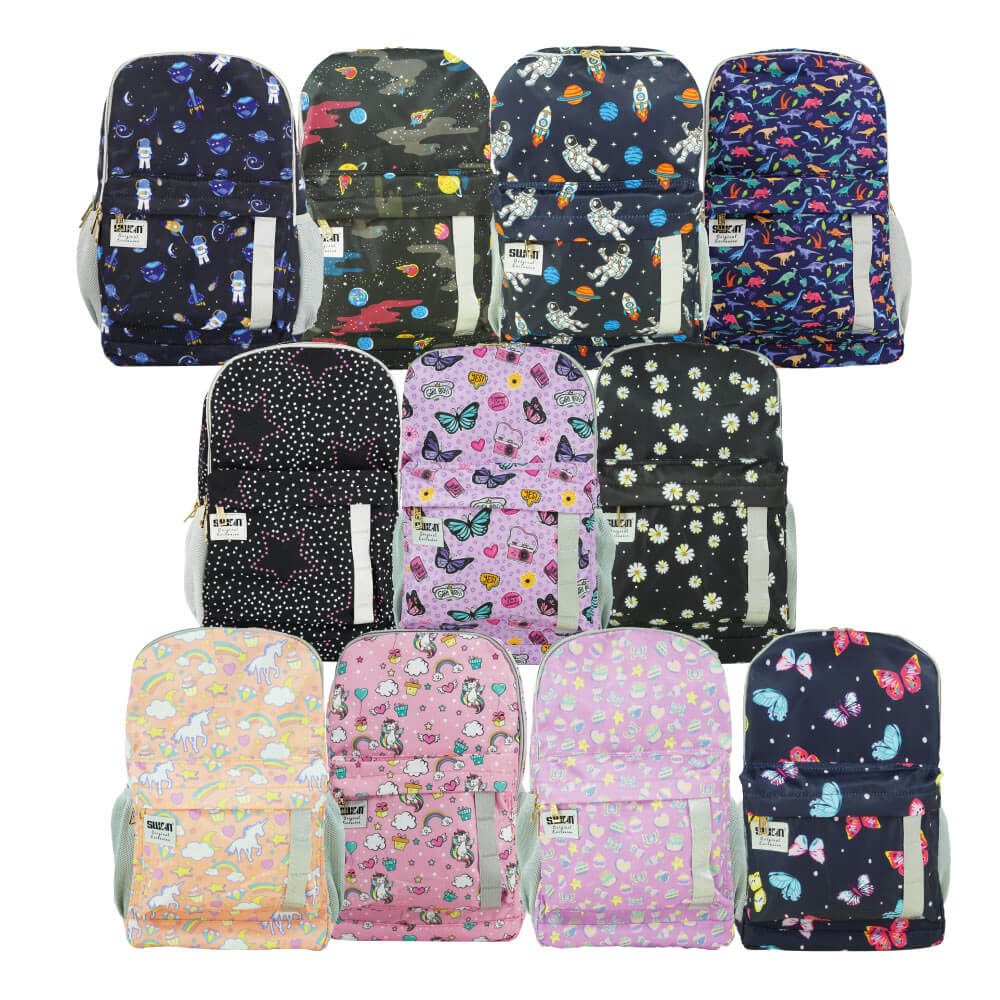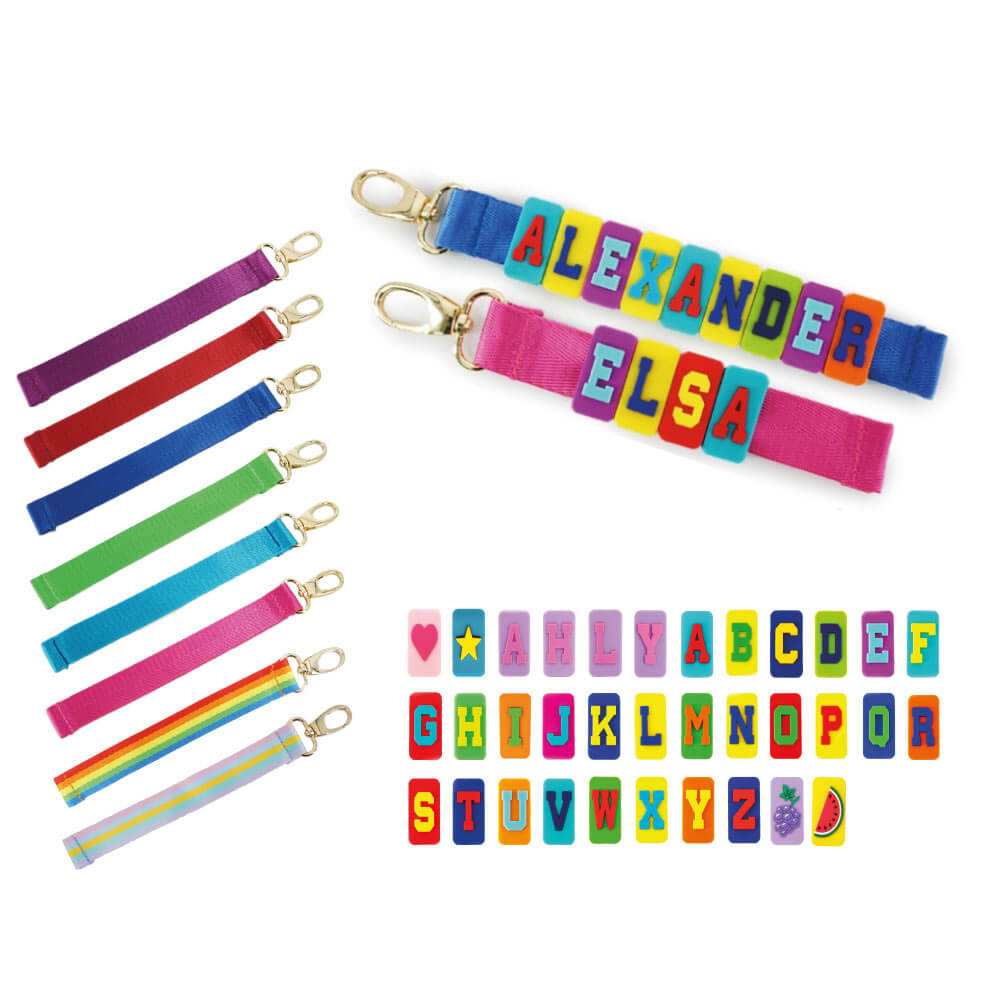
As parents, we understand the value of friendships in shaping a child’s social and emotional development. Building relationships helps children learn empathy, cooperation, and communication skills. However, not all kids find it easy to make friends. In this article, we’ll explore practical strategies to help you guide your children towards creating meaningful connections with their peers.
Lead by Example: Display Positive Social Behaviour
Children often learn by observing their parents. Model positive social behaviour in your interactions with friends, family, and even strangers. Demonstrate active listening, kindness, and respect, as your child will likely emulate these behaviours.
Encourage Extracurricular Activities: Find Common Interests
Enrol your child in activities that align with their interests. Whether it’s sports, arts, music, or a hobby club, shared activities provide a natural platform for kids to bond over shared passions, fostering new friendships.
Teach Empathy and Communication Skills
Empathy is the foundation of strong relationships. Encourage your child to understand and consider the feelings of others. Teach them active listening, asking open-ended questions, and expressing themselves clearly to foster meaningful conversations.
Arrange Playdates: Small Settings for Socialising
Organise playdates with classmates or neighbours in a more relaxed setting. Smaller groups can be less intimidating for shy children, allowing them to develop connections in a comfortable environment.
Role Play: Practise Social Scenarios
Engage your child in role-playing social scenarios to help them develop essential social skills. Use pretend situations to teach greetings, introductions, and problem-solving techniques.
Be Supportive, Not Overbearing
While it’s important to encourage friendships, avoid pushing your child into situations that overwhelm them. Respect their pace and comfort level while gently nudging them towards social experiences.
Praise Efforts, Not Just Outcomes
Celebrate your child’s efforts to make friends, regardless of the outcome. Highlight their bravery in introducing themselves or engaging in conversations, even if the initial interaction doesn’t lead to a friendship.
Teach Conflict Resolution
Conflict is a natural part of any relationship. Teach your child healthy conflict resolution strategies such as compromise, active listening, and finding solutions that work for both parties.
Nurture Self-Confidence: Build a Strong Foundation
A confident child is more likely to initiate interactions and approach new situations with enthusiasm. Provide opportunities for your child to excel in their areas of interest, boosting their self-esteem.
Foster Inclusivity: Encourage Acceptance
Teach your child the importance of inclusivity by welcoming others and being kind to everyone. Help them recognise the uniqueness in each individual and embrace diversity.
Encouraging your children to make friends involves a blend of guidance, patience, and understanding. By creating a supportive environment, teaching social skills, and nurturing their self-esteem, you can empower your children to cultivate meaningful connections that enrich their lives for years to come. Remember, every step they take towards making friends is a step towards becoming more socially adept and emotionally resilient individuals.








